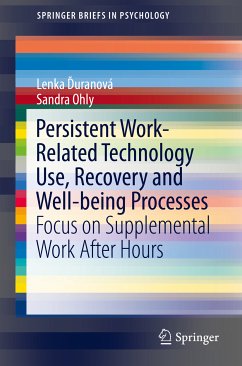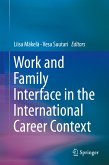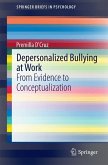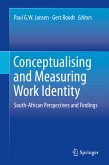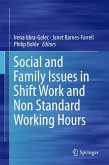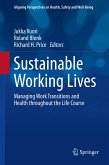The aim of this work is to provide insight into the process of employee recovery and well-being in regard to work-related ICT use during after-hours. Therefore, we discuss (1) theories that help us to understand the determinants and outcomes of this behavior, (2) our core concepts recovery and well-being, and (3) previous empirical findings on ICT use after hours for work purposes. On the basis of literature review, we propose a new conceptual overall framework of ICT use after hours for work purposes with the focus on employee recovery and well-being processes. Thereby, we posit ICT use after hours for work purposes as potential stressor, resource, or demand (see action theory by Hacker, 1998, 2003; Frese and Zapf 1994), depending on many personal and environmental factors, but primarily on cognitive appraisals (see transactional model of stress by Lazarus and Folkman 1984). This three-way division enables us to propose various linear and non-linear associations to focused outcomes. We conclude with an overall discussion on further research concerning the identified research gaps.
Dieser Download kann aus rechtlichen Gründen nur mit Rechnungsadresse in A, B, BG, CY, CZ, D, DK, EW, E, FIN, F, GR, HR, H, IRL, I, LT, L, LR, M, NL, PL, P, R, S, SLO, SK ausgeliefert werden.

